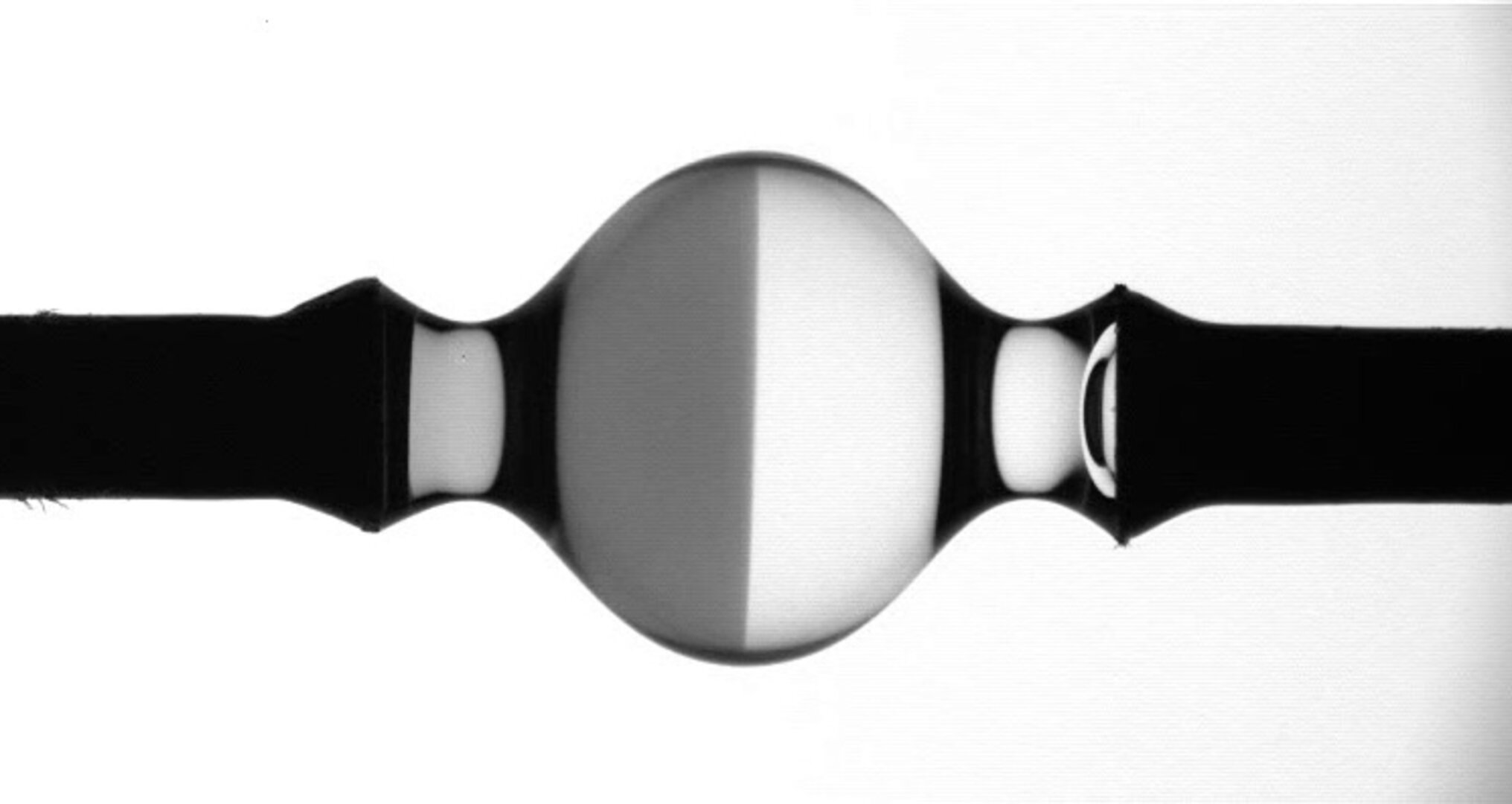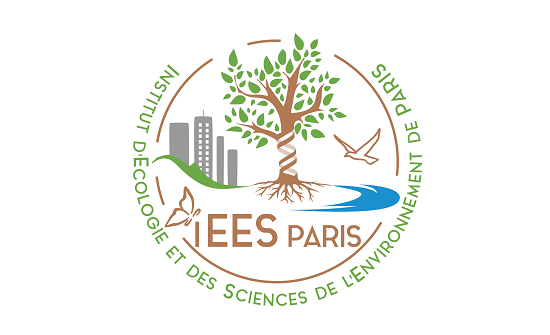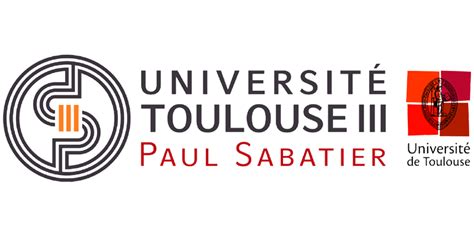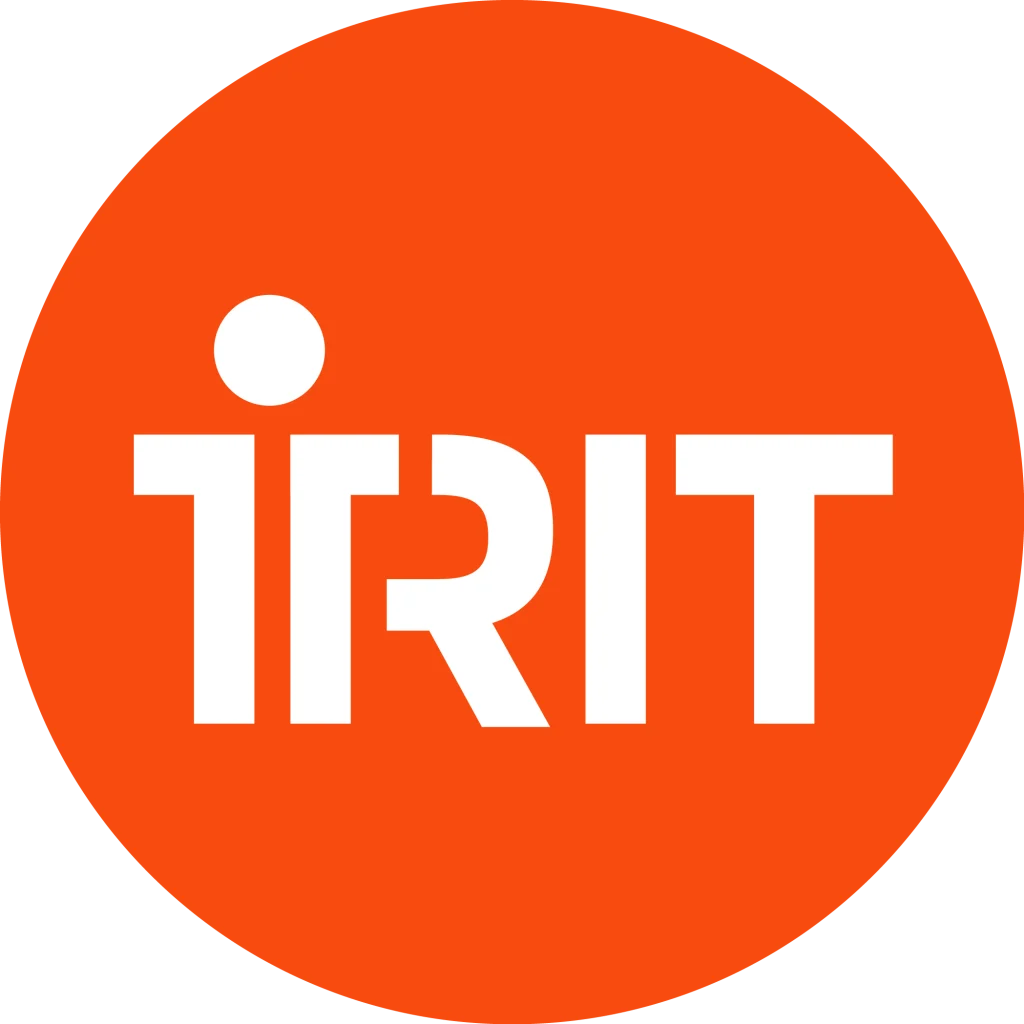Member highlight
Professor Josiane Mothe – INSPÉ Toulouse Occitanie-Pyrénées, Institut de Recherche en Informatique de Toulouse, UMR5505 CNRS, Univ. de Toulouse, France
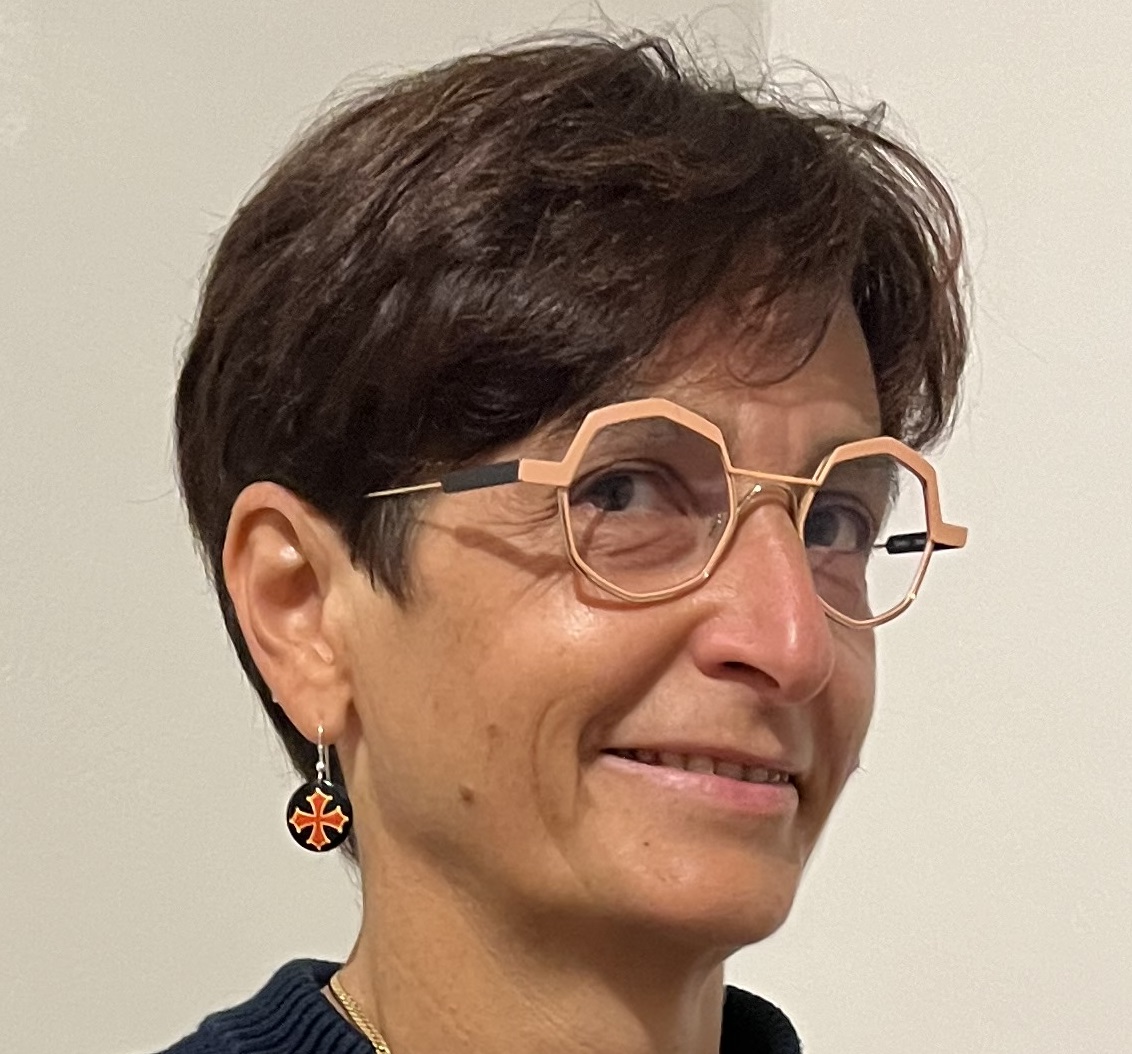
Josiane Mothe is a distinguished professor at the Institut National Supérieur du Professorat et de l’Éducation (INSPÉ) within the Université de Toulouse, France. She leads the Data Science department at the Institut de Recherche en Informatique de Toulouse (IRIT), a joint research unit of the CNRS.
Her research expertise encompasses information retrieval, data mining, and applied machine learning. Her recent work includes contributions to the study of query performance prediction, selective query processing, low resource languages and the application of machine learning techniques to information retrieval challenges. She is also working on multi modal information mining and access. She is leading the O3T Regional project on Earth Observation in changing envrionements (2 M€). Josiane Mothe’s involvement in the AI4AGRI project aligns with her commitment to interdisciplinary collaboration and community engagement. Over her career, she has supervised 20 PhD students to successful defense and has authored approximately 130 publications in the past five years.
Beyond her academic pursuits, Josiane Mothe is deeply engaged in cultural activities. She initiated Trad’Europe, a European project aimed at fostering connections between Occitan and Romanian cultures through dance and music, with a focus on engaging youth and promoting cultural heritage.
Through her multifaceted contributions to research, education, and cultural preservation, Josiane Mothe exemplifies a dedication to advancing both technological innovation and community engagement.
News
Funding application: AI4FARMS – European Doctoral Experts in Artificial Intelligence for Sustainable Agriculture
We are delighted to share that we have officially submitted our funding application for AI4FARMS – European Doctoral Experts in Artificial Intelligence for Sustainable Agriculture under the Horizon Europe MSCA Doctoral Networks program!
This proposal envisions training 15 PhD candidates to address critical challenges in agriculture by leveraging AI technologies. Together, we aim to foster climate resilience, enhance biodiversity monitoring, and develop sustainable, data-driven solutions tailored to diverse agricultural landscapes.
Our multidisciplinary and international consortium brings together experts in AI, agronomy, climate science, and industry to ensure real-world impact. If funded, AI4FARMS will play a pivotal role in shaping the future of sustainable agriculture.
We, CNRS & Univ. Toulouse (France) thank all our partners (Univ. Brasov, Romania; Univ. Tor Vergata, Rome, Italy; Univ. College Dublin, Ireland) as well as associated partners for their dedication and collaboration in preparing this proposal. Let’s hope for a positive outcome to make this vision a reality!
AI4AGRI Monthly meeting report: December
📅 Tue. 17 December – 10:00 (Fr/It time) | 11:00 (Ro time)
During this meeting the following topics were discussed:
- AI4AGRI members participation in the upcoming UNIVERSEH AI workshop (on 3 & 4 June 2025)
- The upcoming AI4AGRI workshop (on 6 Feb. 2025) which will be dedicated to NDVI maps and will involve gathering stakeholders needs
- AI4AGRI summer school organization from 14 to 19 July 2025
- Teaming for excellence proposal that will be led by Transilvania University of Brașov
- AI4AGRI Evaluation: UT3 will send an updated template early January
Drops set for collision: the first Romanian experiment on the ISS!
“The first Romanian experiment on the International Space Station generates droplets to collide head-on at controlled speeds inside a cube. Their behavior intrigues scientists in an environment where gravity, buoyancy, particle displacement and sedimentation are negligible. The Drop Coal Experiment, short for Drop Coalescence, explores the formation of their drops in space and on Earth. […]”
Partialy translated from https://www.esa.int/Space_in_Member_States/Romania/Picaturi_pregatite_pentru_coliziune#msdynmkt_trackingcontext=359a68f4-76e6-4483-88eb-2d3201c7c074
Sentinel 1-C launch using the Vega-C rocket
📅 Thu. 5 December 2024
“The third Copernicus Sentinel-1 satellite was launched on a Vega-C rocket from Europe’s Spaceport in French Guiana. Sentinel-1C extends the legacy of its predecessors, delivering high-resolution radar imagery to monitor Earth’s changing environment, supporting a diverse range of applications and advancing scientific research. Additionally, Sentinel-1C introduces new capabilities for detecting and monitoring maritime traffic.
Sentinel-1C was launched into orbit on 5 December, lifting off aboard Vega-C at 22:20 CET (18:20 local time). The launch proceeded smoothly, with the rocket reaching space in eight minutes and dropping off Sentinel-1C at approximately 00:04 CET.
The launcher’s mission, called VV25, is a return-to-flight for Vega-C – Europe’s lightweight, high-performance rocket – marking the restart of routine commercial operations for the new launcher. At 00:12 CET, ESA established communication with the satellite confirming that it was safely in orbit.”
AI4AGRI Upcoming Events
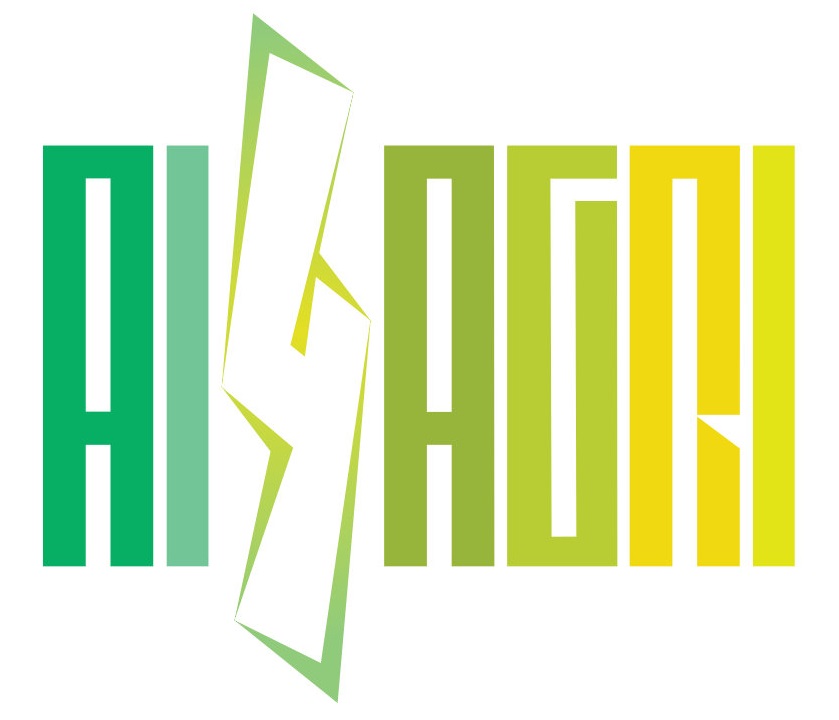
AI4AGRI Monthly meeting: January
📅 Tue. 21 January – 14:00 (Fr/It time) | 15:00 (Ro time)
Related Upcoming Events
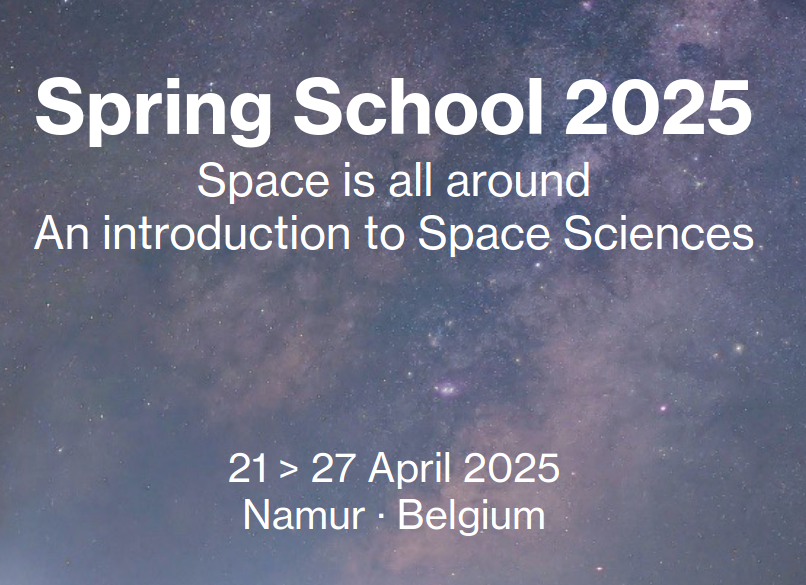
UNIVERSEH Spring school 2025: Space is all around; An introduction to Space Sciences
📅 Mon. 21 – Sun. 27 April 2025
📍1: University of Namur, Namur, Belgium
📍2: Euro Space Center, Libin, Belgium
“The spring school is oriented towards a large audience, gathering STEM or non-STEM students, to allow them to discover some of the many faces of the space sector. The Spring School will be given in English. For external students that are not following the astronomy lecture (SMAT B213), preliminary online events will be provided for settling the context and some basic scientific knowledge about space.
The Spring School will include plenary general conferences on various topics (space law, medicine, rocketry, satellite operations, cybersecurity, etc.), team-building activities inspired by astronaut training at the Euro Space Center (the only space-themed park in Europe), visits of the ESA Academy facilities and ESEC-Redu station, a cosmicathon (team-based challenge around space mission design), planetarium and stargazing sessions, etc.”
Source: https://universeh.eu/events/spring-school-2025/
Registration schedule:
- Until 13/12/2024: Application deadline
- From 13/12/2024 to 17/01/2025: Students’ registration
- March – April 2025: Online sessions
- From 21/04/2025 to 27/04/2025: Spring School
Source: Email exchange
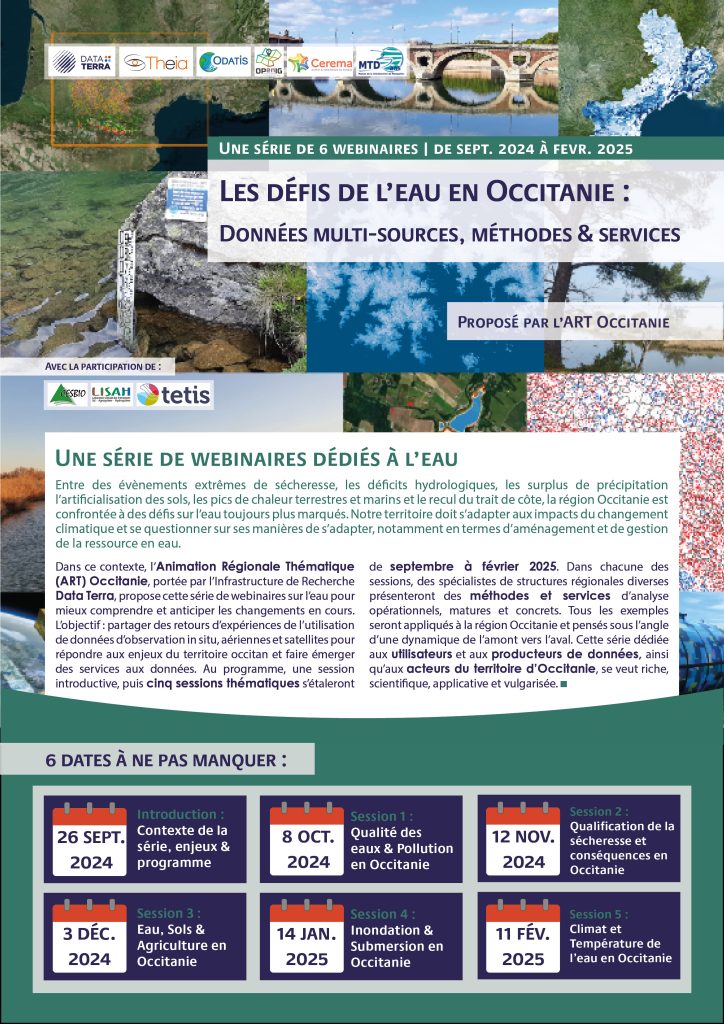
Water Challenges in Occitania – Webinar Series
📅 1 session / month
📍 online (register)
“Between extreme drought events, hydrological deficits, rainfall surpluses, soil artificialisation, heat peaks on land and at sea, and retreating coastlines, the Occitanie region is facing ever-increasing water-related challenges. Our region must adapt to the impacts of climate change, and question the ways in which it does so, particularly in terms of water resource planning and management.
In this context, the Animation Régionale Thématique (ART) Occitanie, supported by the Data Terra Research Infrastructure, is offering this series of webinars on water to better understand and anticipate the changes underway. The aim: to share feedback on the use of in situ, aerial and satellite observation data to meet the challenges facing the Occitan region, and to develop data services. The program includes an introductory session, followed by five thematic sessions running from September to February 2025. In each session, specialists from various regional structures will present operational, mature and concrete analysis methods and services. All examples will be applied to the Occitanie region, and considered from an upstream-downstream perspective. This series, dedicated to data users and producers, as well as players in the Occitanie region, is intended to be rich, scientific, applicative and popularized.“
Source (translated): https://www.theia-land.fr/serie-de-webinaires-les-defis-de-leau-en-occitanie/
Program:
- Introductory session – Tuesday, September 17, 2024
- Session 1 – Water quality and pollution in Occitania: October 8, 2024
- Session 2 – Drought qualification and consequences in Occitania: November 12, 2024
- Session 3 – Water, soil and agriculture in Occitania: December 3, 2024
- Session 4 – Flooding and submersion in Occitania: January 14, 2025: register here
- Session 5 – Climate and water temperature in Occitania: February 11, 2025
Latest AI4AGRI Publications
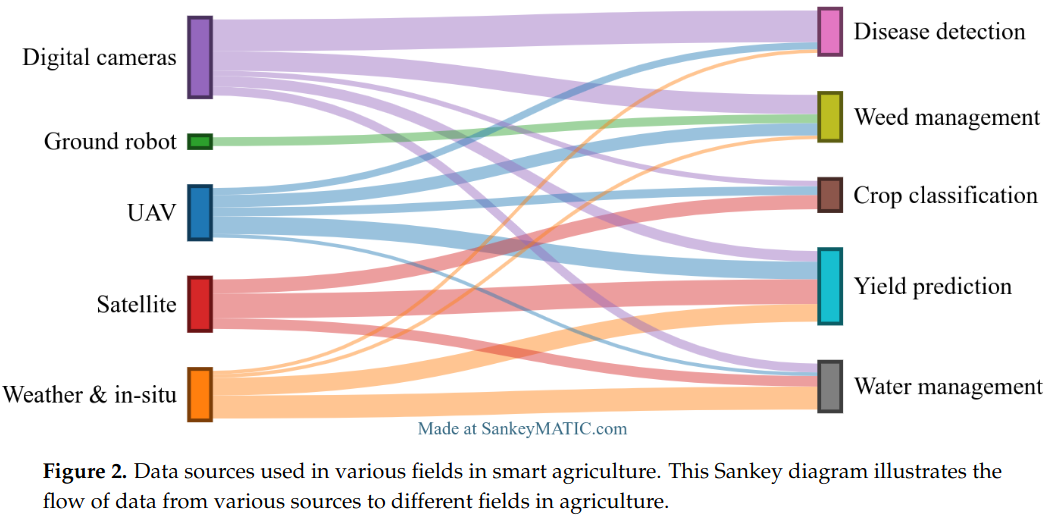
A Review of CNN Applications in Smart Agriculture Using Multimodal Data
📅 2024
🧑 Mohammad El Sakka | Mihai Ivanovici | Loft Chaari | Josiane Mothe
This review explores the applications of Convolutional Neural Networks (CNNs) in smart agriculture, highlighting recent advancements across various applications including weed detection, disease detection, crop classification, water management, and yield prediction.
A related repository that contains the reviewed articles along their publication links is made available.
Related Publications
None this month
Related in AI, Agriculture and Earth Observation
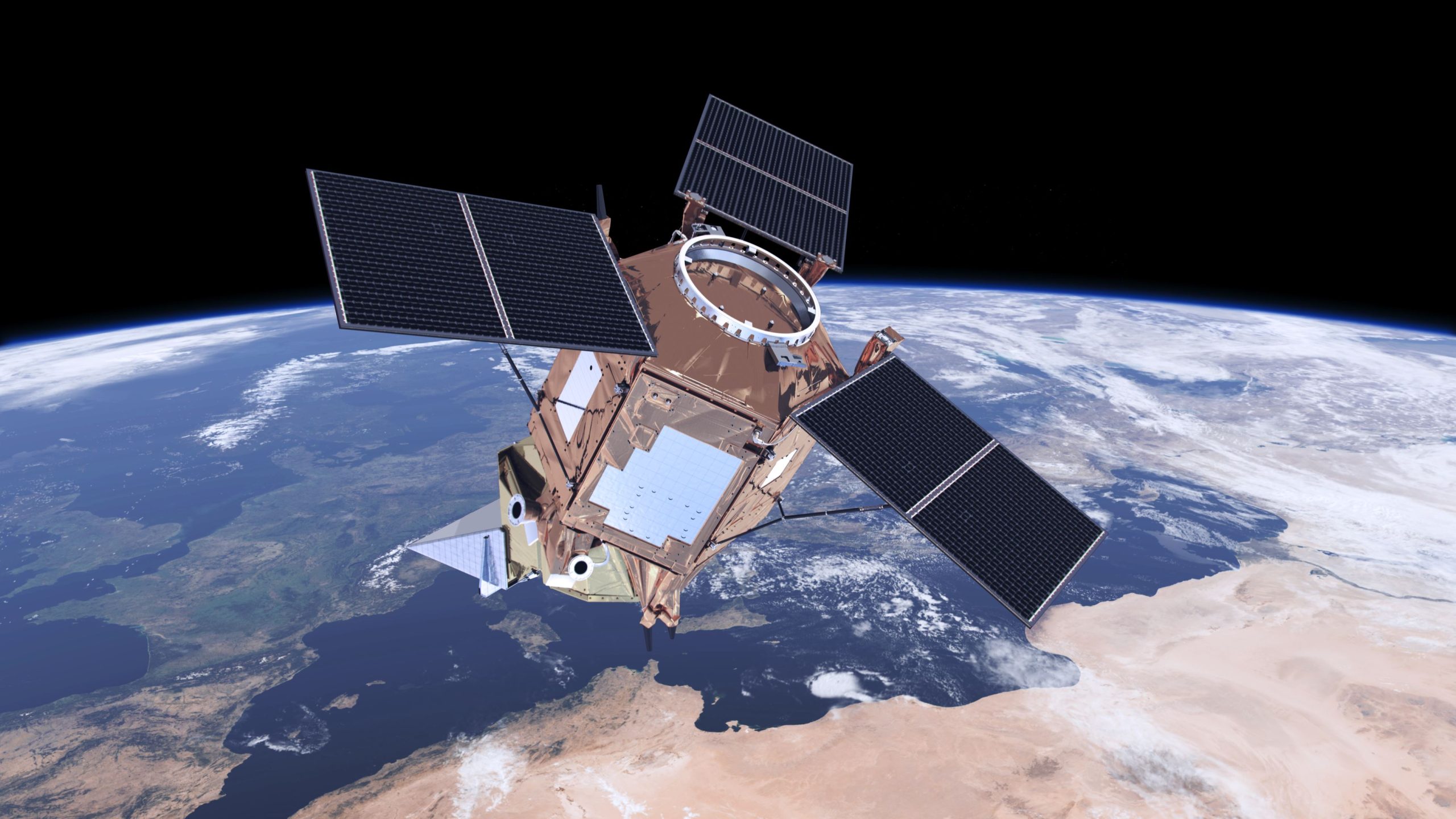
Air quality monitoring for Copernicus ©ESAESA/ATG medialab
ESA article: The 2024 Global Methane Budget reveals alarming trends
“The Global Methane Budget 2024 paints a troubling picture of the current state of global methane emissions. The new report reveals that human activities are now responsible for at least two-thirds of global methane emissions.
This marks a significant increase in human-produced methane sources over the past two decades, with emissions rising by 20%, with the fastest rise occurring over the last five years.”
Source
Related Internships & Job Offers

Explainable AI for Enhanced Visual Interpretability in image-based applications
📍IRIT – Toulouse, France
This internship funded by O3T project aims to develop an ensemble approach to explainable AI for image-based applications. The case of plant disease detection will be studied, combining techniques like CAM, Grad-CAM, and Saliency Maps. By improving model interpretability, the approach aims to provide clearer, more accurate explanations of AI predictions.
In the case of plant disease detection, this will help farmers and agronomists better understand diagnoses, enhancing trust in AI systems and improving plant health management. The methods developed aim to be generic enough to be applied in other application contexts.
More details: Sujet stage M2 O3T
Post Doc offer: Remote sensing and land degradation in the Sahel region
📍France
The Soil Dynamics and Global Changes in (semi-)arid Regions team offers to support a candidate for a post-
doctoral funding request for 2 years, during national campaigns such as that of the CNES and the IRD, which
take place in early 2025. If you recently graduated with a PhD in remote sensing (less than 3 years ago), and
are interested in the proposed subject, send a CV and cover letter to Caroline PIERRE
(caroline.pierre@sorbonne-universite.fr) before January 15, 2025.
More details: PostDoc_Team_SOLARIDEs
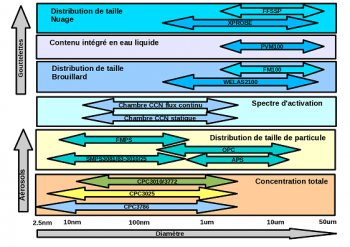
Job Offer: Ground-based remote sensing researcher
📍CNRM – France
The MNPCA (Microphysics of Clouds and Atmospheric Physico-Chemistry) team at CNRM is hiring a researcher in ground-based remote sensing. This role focuses on advancing the development of cutting-edge remote sensing instruments, including cloud radars, water vapor lidars, and microwave radiometers, for atmospheric measurements during field campaigns. As the scientific lead for these instruments, the researcher will also be responsible for ensuring their effective use and availability within the ACTRIS-FR infrastructure, serving as a key contact for Météo-France and the broader scientific community.
The researcher will lead innovative projects focusing on surface-atmosphere interactions and aerosol/cloud/radiation processes, collaborating with other CNRM teams to address observation needs, such as satellite data validation and model evaluation. They will also keep up with the latest technologies, participate in national and international working groups, and oversee technical and algorithmic developments while supervising two engineers as well as interns, PhDs and post-docs.
Additionally, the role includes organizing and participating in GMEI measurement campaigns and obtaining relevant certifications (e.g., laser safety, working at heights). This position offers a unique opportunity to contribute to cutting-edge research and improve weather and climate models through advanced experimental and collaborative work.
Source
https://recrutement.ecologie.gouv.fr/offres-demploi/2024-1735489

Job Offer: Ecologist – Ornithologist Research Officer
📍Encis environnement – Niort, France
Encis Environnement is hiring an ecologist specializing in ornithology to contribute to environmental impact studies and territorial diagnostics for various projects (wind farms, solar farms, infrastructure). Your role will involve surveying and analyzing bird populations using rigorous scientific protocols and leveraging bibliographic and geospatial data (GIS).
Tasks will include collecting and analyzing environmental data, assessing ecological stakes, drafting technical reports and designing/monitoring ecological measures, such as protecting sensitive nesting areas or managing post-construction impacts. Expertise in remote sensing and GIS tools like Q-GIS is crucial to produce accurate analyses and visualizations.
Source
Internship offer: Contribution of thermal infrared (TIR) satellite imagery to the detection of
spruce mortality caused by bark beetle attacks
📍Tetis – Montpellier, France
📅 6 months starting between February and March 2025
The Tetis lab is offering an internship opportunity for a Master’s level student starting in February or March 2025. The position is open to candidates studying remote sensing, geomatics, or related fields, with an interest in forestry and environmental monitoring. The work will be conducted in partnership with national organizations such as DSF, ONF, and CNPF.
The project focuses on the use of remote sensing data to monitor and analyze bark beetle outbreaks affecting spruce forests. The selected candidate will work with existing tools like the FORDEAD package, which uses Sentinel-2 satellite data for detecting forest degradation. The internship aims to explore the potential of thermal infrared (TIR) data for improving early detection of bark beetle attacks.
The requirements for this internship are a Master 2 in remote sensing or geomatics, with an interest in forestry / Environment, physical optics & sensors, data development and analysis (Python and/or R language). The candidate should be able to demonstrate autonomy and initiative, particularly in developing computer programs, analyzing data from different sensors, and testing available methods.
More details: Stage_TETIS_SylvoSanSat_IRT
The AI4AGRI project received funding from the European Union’s Horizon Europe research and innovation program under the grant agreement no. 101079136.
Publishing managers: J. Mothe & S. Molina, UT3 & UT2, IRIT, France

